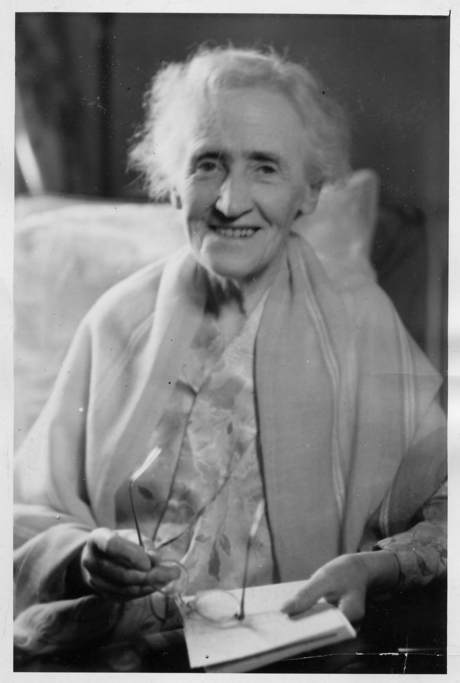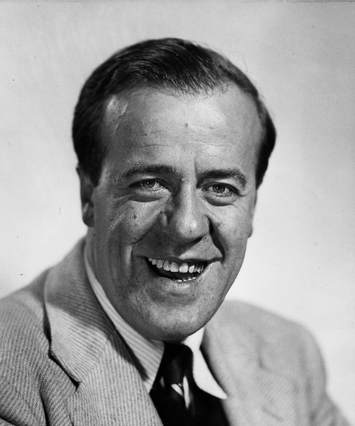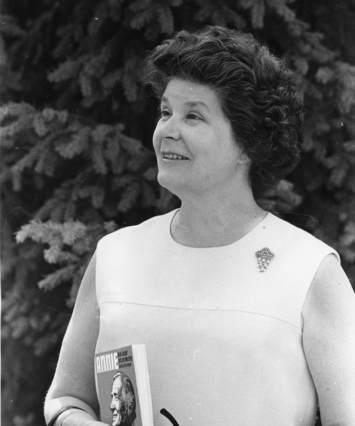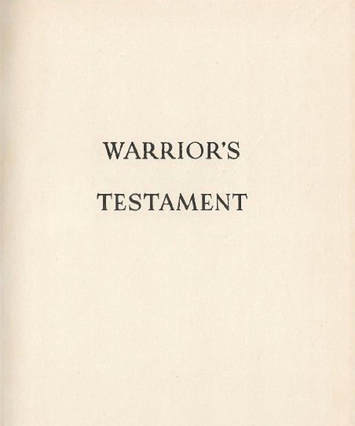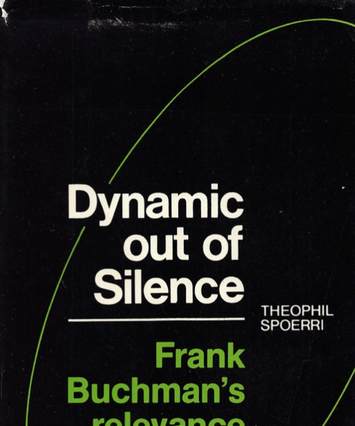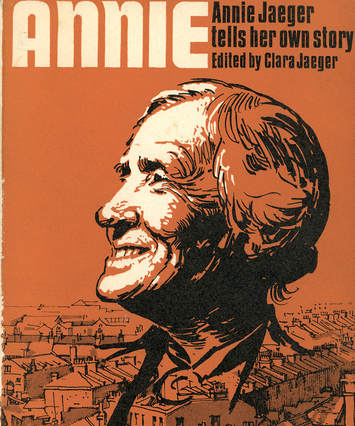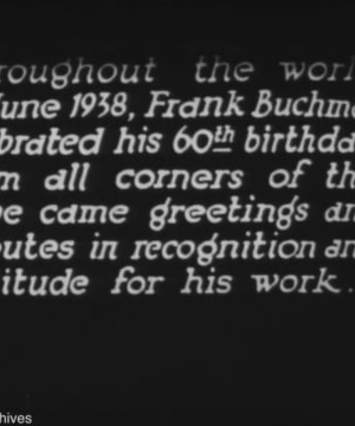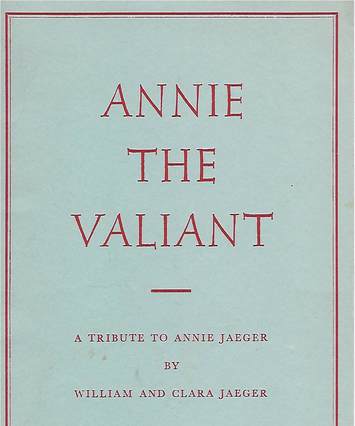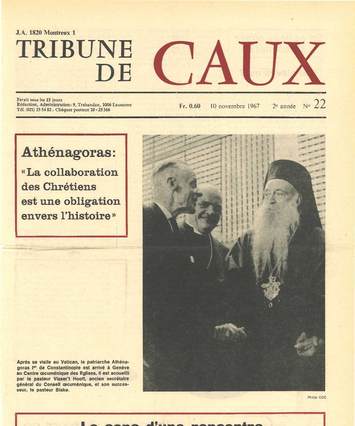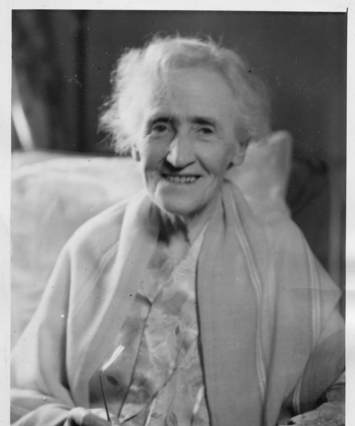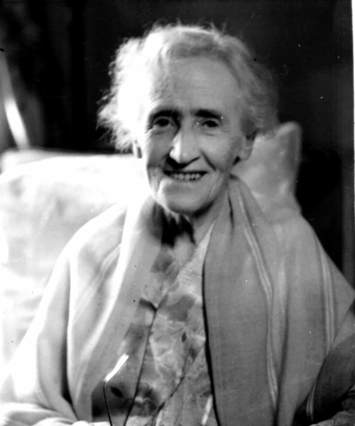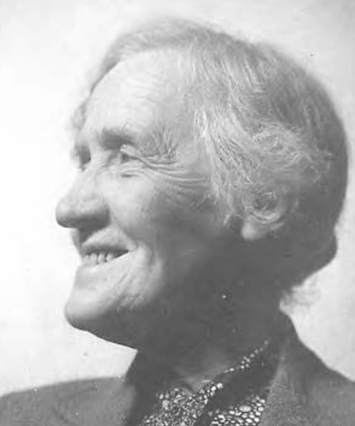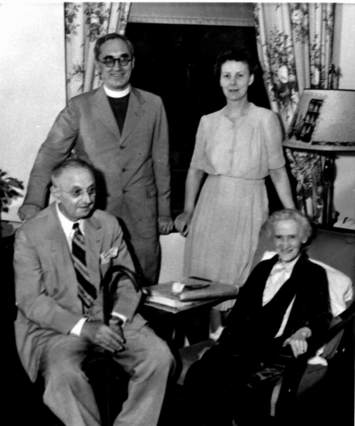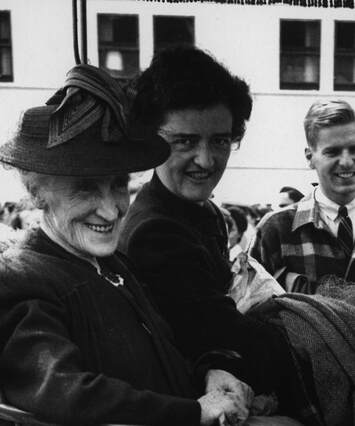Annie lived in Stockport with her husband where they ran a hat shop from their home. The husband was of German descent and they faced much local hostility when the First World War broke out. They had a son, William, usually known as Bill.
Bill went to London to study theology. His life was changed through meeting the Oxford Group there. He decided to be honest with Annie about his life and she opened up to him about hers. One of Annie’s neighbours reportedly commented, ‘Annie, what has happened to you. You look different.’
By this time, during the Depression, the shop was making little money and Annie was down to her last ten shillings. Yet she decided to answer an inner call to give all her time to working with MRA, starting by joining Bill in the east end of London, where she stayed with various families. She had a great gift of friendship and helped many couples sort out issues in their marriages.
As well as ordinary working families, Annie got to know many civic leaders, some of whom were women. When she died in America in 1944, several East London civic leaders and a local MP sent a message to Bill. It read in part: ‘Pioneer and homebuilder, she fought for [a] nation of sound families to make a sound family of nations…. Hers the larger vision that all who toil should have not only worthy houses but sound homes, love-filled and fear-free, the guarantee of civic happiness and national strength.’

